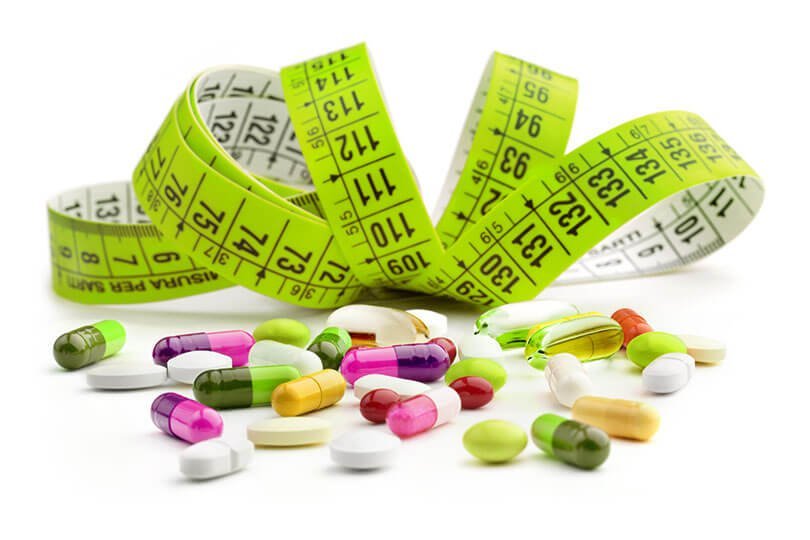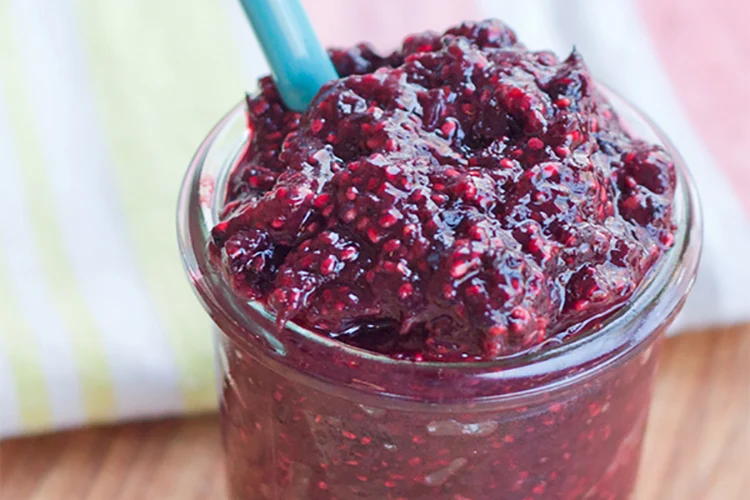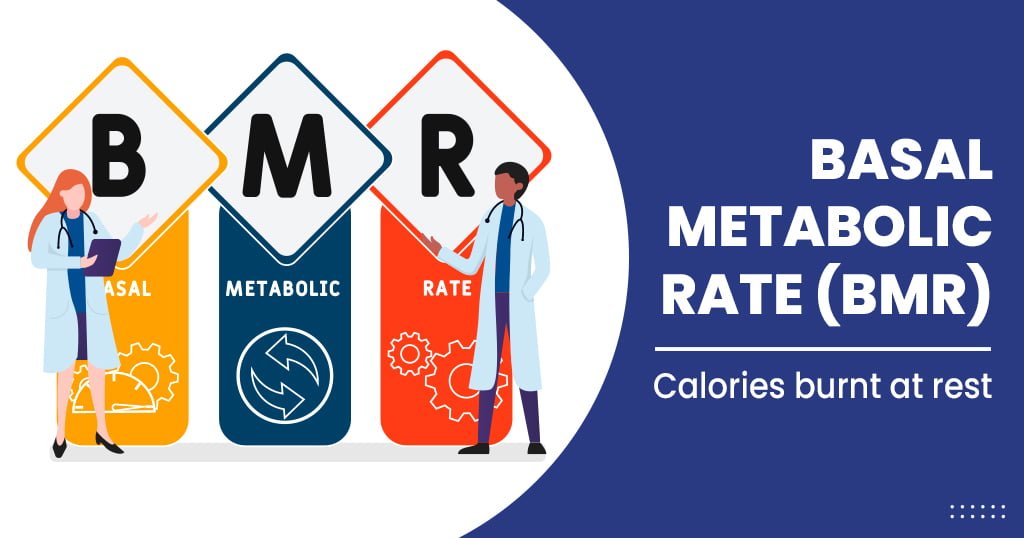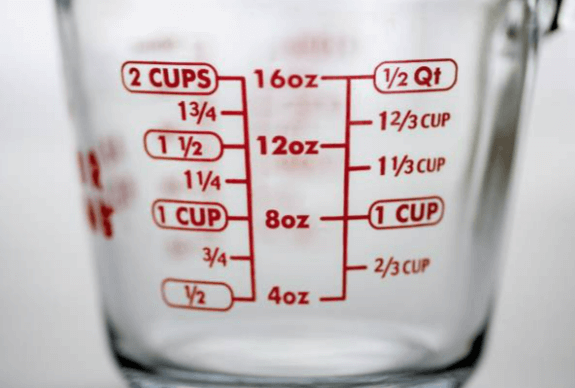Recently, the Irish Sea moss supplement has become a hot issue in the ever-changing realm of health fads and dietary supplements. This fascinating Irish coastal plant has been linked to several health advantages, including those for joint health and the immune system.
But what really is the reality underlying these assertions? In this post, we’ll look into the research on Irish Sea moss to determine whether it’s worth implementing into your daily health regimen and what advantages you may expect to get from doing so. Get buckled in, because we’re going deep into the Irish Sea moss to find the truth.
The Latest Health Fad Is Here, And It’s Irish Sea Moss
Irish Sea moss supplement is an unusual newcomer to the rapidly developing field of health fads. The internet is buzzing with a miraculous plant that may supposedly do wonders for your health.

Is it possible for an Irish moss to provide the claimed health advantages to your joints, skin, hair, and immune system? Come with us as we investigate this remarkable sea plant further to learn the truth.
Unveiling the Wonders of Irish Sea Moss
Let’s clear out what Irish Sea moss is before we go into the mystery surrounding it. Irish Sea moss and red seaweed are both examples of sea moss.
It is most at home in the Atlantic Ocean, where it flourishes along the shores of the Americas and, of course, Ireland. The New England area is where the harvesting action is at.
Irish Sea moss, or carrageenan, or Chondrus crispus, as registered dietician Johna Burdeos explains, “belongs to the red algae family.” Green, yellow, red, and purple are only a few of the hues seen.
Its flexibility is not limited to its use in foods and cosmetics. The preservation qualities of Irish Sea moss are likewise highly prized.
Examination of Irish Sea Moss’s Reported Health Benefits
The scientific community has yet to confirm the health claims made by Irish Sea moss. “There is a dearth of studies focusing specifically on the effects of sea moss on human health,” writes Burdeos.
The available research is far from clear evidence for human benefits, since it comprises mostly of small-scale human trials and other investigations have been limited to animal or in vitro tests.
To be clear, Irish Sea moss has not been the focus of as many scientific investigations as other types of seaweed. The high fiber content of seaweed, a related cousin, has been shown to benefit digestive health. Its iodine concentration also shows potential for lowering cardiovascular disease risk and treating thyroid conditions.
In the end, it’s important to remember that there is no conclusive scientific evidence supporting the claims made about the health benefits of Irish Sea moss supplements. It’s important to remember, however, that this seaweed is packed with nutrients our bodies can’t live without.
Navigating the Risks Associated with Irish Sea Moss
Now that additional study has been done, let’s talk about the possible dangers of eating seaweed in general. There may be some dangers associated with eating too much seaweed, but they are probably not worth worrying about.
Iodine is an essential mineral, and seaweed is a great place to get it. While it’s true that ingesting too much iodine might harm the thyroid, it’s important to put this into context: The recommended daily consumption according to the NIH is roughly 150 mcg, whereas a single serving of seaweed provides around 116 mcg.

Toxic levels of iodine are not reached until daily intake exceeds 18,000 mcg over many days. However, one must be wary of the fact that seaweed may contain a lot of heavy metals.
Seaweed may take up toxic metals from its surrounding water and soil. Burdeos warns, “Heavy metal poisoning may cause harm to your nervous system, kidneys, liver, and heart, and raise your chance of developing cancer.
Sea moss, like other seaweed, may vary in nutritional content depending on variables including time of year and location of collection.
Given that no laws mandate heavy metal testing for seaweed producers, it is up to you to make sure the brand you buy does. You can usually find this data on the product’s box or on the manufacturer’s website.
To Supplement or Not to Supplement with Irish Sea Moss
In actuality, Irish Sea moss supplements are not required. There is no such thing as an Irish Sea moss shortage, although you may be short on the iodine and magnesium it delivers.
If you feel you are lacking in any of these areas, it is recommended that you speak with a medical practitioner to establish the best course of action for you. Irish Sea moss may not be as highly recommended as, say, magnesium or iodine supplements.
Always talk to your doctor before using a new supplement, but particularly if you have preexisting health issues.
To that, Burdeos says, “If you already maintain a diverse diet encompassing fruits, vegetables, whole grains, lean proteins, and healthy fats, there is generally no need to incorporate a supplement, including Irish Sea moss, unless advised by your doctor.”
Take precautions if you’re still interested in investigating Irish Sea moss. A 2020 research determined that four grams per day was an appropriate amount for individuals.
Burdeos suggests looking for businesses that are honest about what they put into their supplements. Supplements made from Irish Sea moss are available in a variety of forms to suit individual tastes.
Carefully consider the recommended doses and look for independent laboratory testing before making a purchase. A third-party lab test offers transparency in product contents, Burdeos says, making sure that what you read on the label matches the product’s real composition even if supplements are not regulated by the FDA. It’s a guarantee that no harmful substances, like lead or mercury, were used in production.












